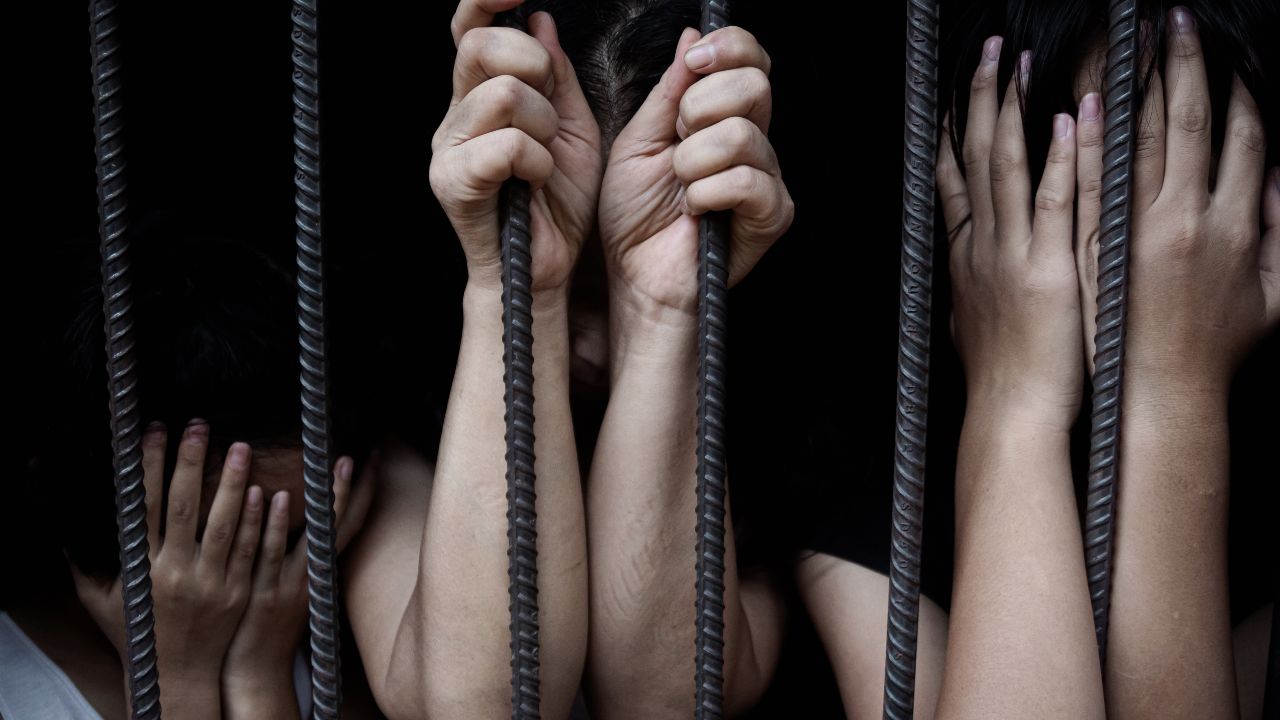
NGOCSTIP – Supporting victims of human trafficking is crucial in the fight against modern-day slavery. Every year, millions of men, women, and children fall prey to traffickers worldwide. These victims often endure unimaginable trauma and exploitation. Once they are freed from their traffickers, it is essential to provide proper care and support. This article discusses the various resources and assistance programs available for trafficking survivors.
When victims of human trafficking are rescued, the first priority is their safety. Immediate shelter is necessary to protect them from retribution, further exploitation, or deportation. In many cases, shelters are designed specifically to cater to the needs of trafficking survivors. These shelters offer a safe and confidential environment where survivors can begin to heal.
Shelters provide not only physical security but also psychological support. They help victims process their traumatic experiences in a non-judgmental space. Additionally, shelters can assist with the identification of further needs, such as medical care or legal representation.
“Read about: UNODC’s Impact on Human Trafficking: Key Reports and Data Insights”
Victims of human trafficking often suffer from physical injuries, malnutrition, and untreated medical conditions. Providing medical care is essential to their recovery. Hospitals and medical centers that specialize in human trafficking cases can provide immediate treatment. Medical professionals are trained to recognize signs of trafficking and offer appropriate care without causing further harm.
In addition to physical care, psychological support is critical. Many trafficking survivors experience severe trauma, such as post-traumatic stress disorder (PTSD), anxiety, and depression. Trauma-informed therapy is essential for survivors to rebuild their mental and emotional well-being. Counselors and therapists trained in trauma recovery play a significant role in the healing process.
Legal aid is one of the most important resources for victims of human trafficking. Many survivors are unaware of their rights and may fear authorities due to their illegal status. Providing legal assistance ensures that trafficking victims understand their rights and can access appropriate legal protections.
Legal services are available to help victims navigate the complex legal system. Lawyers can assist with filing for asylum, obtaining work permits, and pressing charges against traffickers. They also help victims apply for compensation or restitution. Without access to legal aid, many victims remain vulnerable to being re-trafficked or facing deportation.
One of the most challenging aspects of supporting trafficking survivors is reintegration into society. After enduring severe trauma, many victims face social stigma, isolation, and distrust of others. Reintegration programs aim to provide long-term support to help survivors rebuild their lives.
These programs typically include job training, educational opportunities, and housing assistance. Job placement services help survivors gain employment and financial independence, which is essential for preventing re-trafficking. Education and vocational training provide victims with the tools they need to secure stable jobs, reducing their risk of falling into vulnerable situations again.
Social support is essential in the recovery process. Many trafficking survivors feel alone and disconnected from society. Support networks, including community groups, peer groups, and nonprofit organizations, play a crucial role in rebuilding social connections. These networks provide emotional support, friendship, and a sense of belonging.
Non-governmental organizations (NGOs) that specialize in trafficking can connect survivors with resources and ongoing assistance. They also advocate for policy changes to protect victims and prevent trafficking in the future. These organizations play a pivotal role in raising awareness about human trafficking and its long-term impact.
Global Legal Approaches to Human Trafficking: What You Need to Know
Raising awareness about human trafficking is essential for preventing future cases and offering better support to survivors. Education programs can inform the public about the signs of trafficking, how to report suspicious activity, and how to offer help to victims. Schools, workplaces, and communities are ideal places to implement awareness campaigns.
By educating people about human trafficking, societies become more alert to the issue. This increased awareness can result in quicker identification of victims and better access to resources for those in need. Additionally, awareness programs can help reduce the stigma that victims often face when seeking help.
Collaboration between governments, law enforcement agencies, and NGOs is crucial in providing a comprehensive approach to victim support. Governments are responsible for creating and implementing policies that protect trafficking survivors. NGOs, on the other hand, are often better equipped to provide on-the-ground services like shelter, counseling, and legal aid.
Joint efforts help create a coordinated system of support for survivors. International organizations such as the United Nations (UN) also work to facilitate collaboration between countries, ensuring that victims who are trafficked across borders receive adequate protection and care.